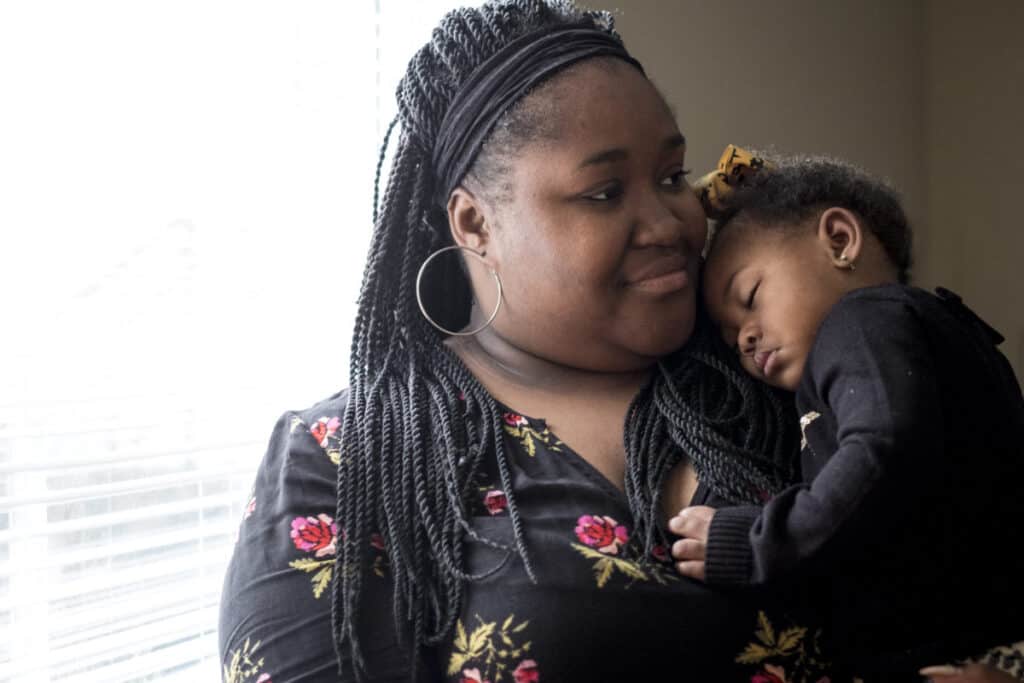What is child development therapy?
There are many different types of therapy that can help children with developmental needs. Different types of therapy work on different parts of a child’s development. But if your child has a new diagnosis or is experiencing new challenges because of a developmental disability or delay, it can be hard to know where to start.
Here are some of the most common types of therapy for children with disabilities or developmental delays:
Developmental Therapy
A Developmental Therapist uses the relationship and the child’s interests to build the areas of development that a child needs help with. These include things like relating and communicating or logical thinking. One example of developmental therapy is Floortime, which can be used with autistic children and others. Early Intervention often uses developmental therapy as well.
Speech Therapy
A therapist called a Speech and Language Pathologist (SLP) helps with communication skills at all levels. These include talking, understanding others, and also non-verbal ways to communicate, like sign language and AAC devices.
Watch this SLP describe how you can help your child make themselves understood if they struggle with speech.
Physical Therapy (PT)
A Physical Therapist works with your child to improve muscle strength, coordination, and movement. PT can help children who are not meeting milestones for movement and motor skills like walking or sitting upright. It can strengthen the muscles and improve the range of motion they need for those skills.
How do I know if my child is not meeting their milestones?
Occupational Therapy (OT)
An Occupational Therapist uses movement to help your child to develop the motor, cognitive and emotional skills they need for the things they do. A child’s “occupations” include play, self-care (like eating and dressing), social engagement, and eventually academic activities like writing. OT is also a great tool to help children who have difficulty experiencing and processing sensory information like sounds, tastes, and touch in appropriate ways.
Does my child need Occupational Therapy?
Behavioral Therapy
A therapist helps to encourage positive behaviors and discourage unwanted ones. Desired behaviors are broken down into small tasks to build skills. This type of therapy is frequently used for autistic children and for those with ADHD.
Psychotherapy
This is therapy meant to support children’s mental health. The most common approaches with children include play therapy and family therapy, which can help the parents create an environment that supports the whole family’s needs.
***
Any of these may be helpful to your child. It depends on their unique mix of challenges and strengths. If you are applying for Early Intervention for your young child or having your school-aged child evaluated for Special Education, they will evaluate your child and make recommendations on what kinds of therapies they need. If your child qualifies, they will provide these therapies.
How do I find and pay for a therapist to support my child’s development?
There are several ways you can find and pay for therapy for kids:
- Early Intervention: Early Intervention is a federal program for kids aged 0-3 can offer therapy and other support for kids who qualify. (Your state may have a different name for this program, like Early Steps). Find your state’s program.
- Special Education: Your public school system can provide therapy and academic support for kids aged 3-22 if they qualify.
- Health Insurance: Call your plan to ask what services they cover for the type of disability your child has. Your child may also qualify for Medicaid in addition to your primary insurance, even if you make too much money to qualify for Medicaid otherwise.
- Your state’s office or department for people with developmental or intellectual disabilities. Each state has an office or department that offers services to help support families of children with disabilities. These may include therapies. Call your state’s Parent Information and Training Center to learn about your state’s services.
- Hire a therapist and pay out of pocket. This is not an option for every family, but if it’s your only choice, talk to the therapist or clinic and ask about payment plans or discounts.
Learn more
Children grow so fast, and the sooner you can start therapy services, the easier it will be to help your child’s development.
If you are in Louisiana or Massachusetts, you can search for therapists near home in our Disability Services Finder.
Louisiana Disability Service Finder (en español)
Massachusetts Disability Service Finder (en español)
If you are in other states, check these sites to find a provider:
SLP Find: Speech and Language Pathologists Directory
Find a PT: American Physical Therapy Association



